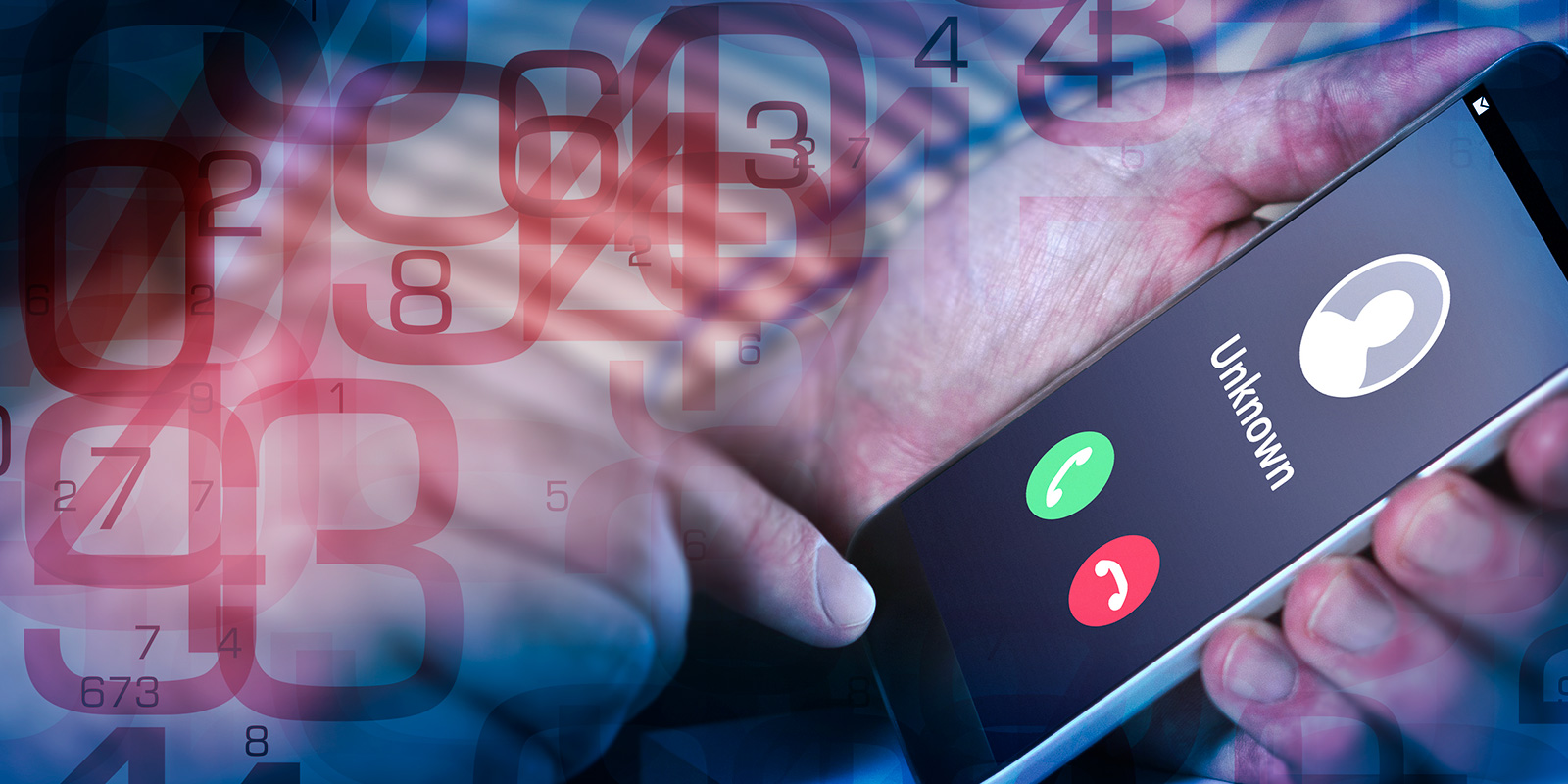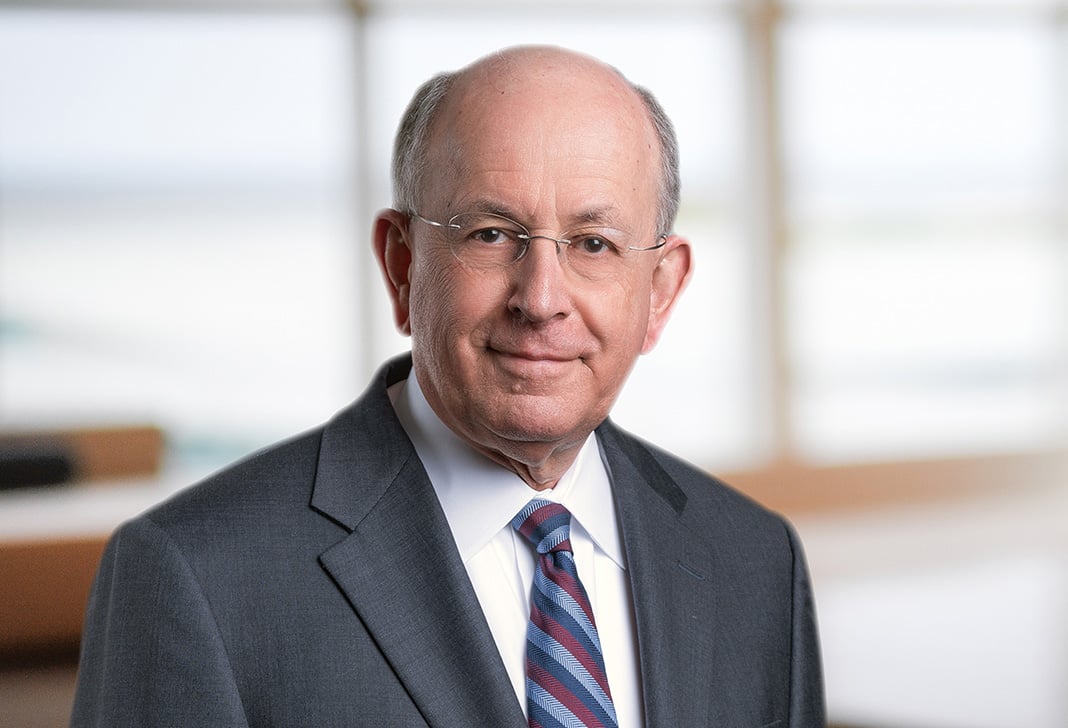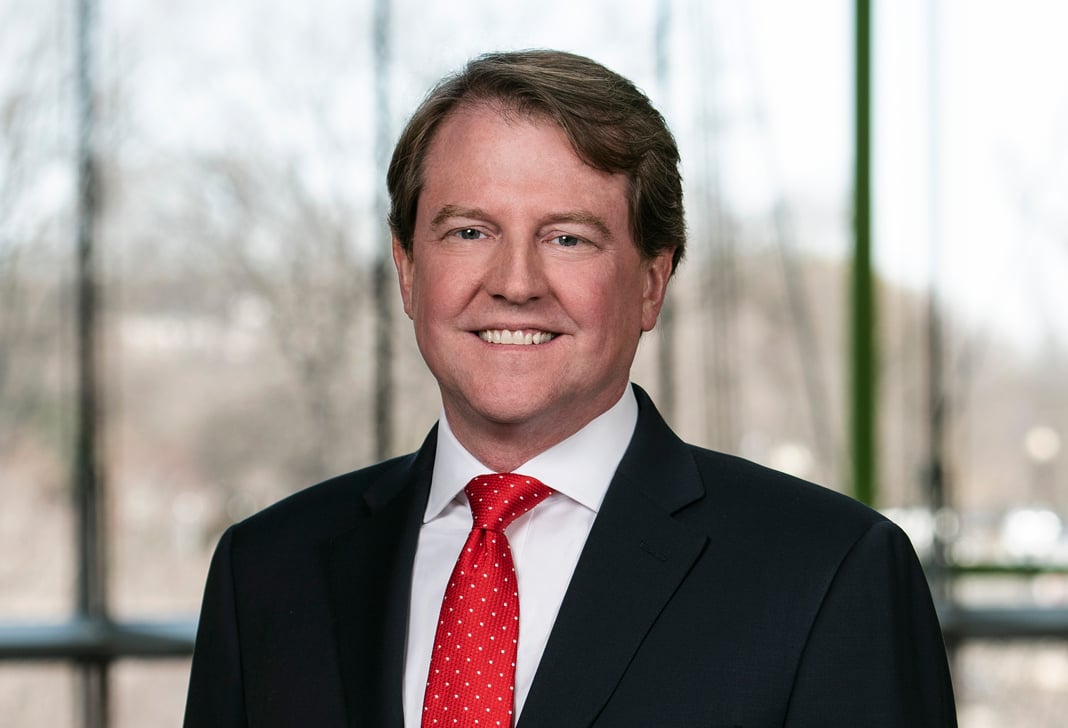
Eleventh Circuit Reins in TCPA Liability
In Short
The Situation: The Telephone Consumer Protection Act ("TCPA") prohibits unconsented calls or texts made "using an automatic telephone dialing system" ("ATDS"), defined as "equipment which has the capacity—(1) to store or produce telephone numbers to be called, using a random or sequential number generator; and (2) to dial such numbers." 47 U.S.C. § 227(a)(1), (b)(1)(A)(iii). Courts have split on whether this provision covers only equipment that can generate random or sequential numbers, or instead covers anything that can automatically dial from a list. The Eleventh Circuit confronted the issue in Glasser v. Hilton Grand Vacations Co., __ F.3d __, 2020 WL 415811 (11th Cir. Jan. 27, 2020).
The Result: The Eleventh Circuit held that the ATDS provision covers only equipment that can generate random or sequential numbers. As Judge Sutton's majority opinion carefully explained, that reading makes the most sense of the TCPA's text, context, and history. That reading also keeps the TCPA within statutory and constitutional bounds because the alternative store-and-dial-numbers interpretation would sweep in calls and texts from one smartphone to another.
Looking Ahead: Because of uncertainty surrounding the scope of the ATDS provision, TCPA litigation has plagued the business community for years. Judge Sutton's careful, thorough opinion should change the tide and convince other undecided circuit courts to adopt the defendant-friendly reading.
The TCPA makes it unlawful to place an unconsented call or text to a wireless phone "using an automatic telephone dialing system" ("ATDS"), defined as "equipment which has the capacity—(1) to store or produce telephone numbers to be called, using a random or sequential number generator; and (2) to dial such numbers." 47 U.S.C. § 227(a), (b)(1)(A)(iii). The TCPA imposes a penalty of $500 per call or text on accidental violators (and a penalty of $1500 per call or text on willful ones).
At first, the statute was read to mean what it says—it covered only equipment that can randomly or sequentially generate numbers. But the Federal Communications Commission ("FCC") began to suggest that it covers anything that can store and automatically dial numbers. A maelstrom of litigation followed affecting nearly every industry. The situation grew more dire in 2015 when the FCC expansively interpreted the term "capacity" and purported to "clarify" its understanding of an ATDS's required functions. Businesses seeking to escape TCPA liability now had two hurdles to overcome: the FCC's binding 2015 TCPA Order and the plaintiffs' bar's reading of the statute.
Led by Sirius XM, a group of petitioners accomplished the first task in ACA International v. FCC, 885 F.3d 687 (D.C. Cir. 2018). The court set aside the FCC's interpretation of "capacity"—so broad that it covered smartphones—as "eye-popping[ly]" expansive. Id. at 697. It also vacated the FCC's self-contradictory views on ATDS functionality. See id. at 701–03.
With the 2015 TCPA Order gone, businesses could work on restoring the proper interpretation of the statute. Those efforts received a game-changing boost from the Eleventh Circuit's recent decision in Glasser v. Hilton Grand Vacations Co., __ F.3d __, 2020 WL 415811 (11th Cir. Jan. 27, 2020). The court held that an ATDS must have the capacity to "us[e] a random or sequential number generator," not just to dial from a list. Id. at *2.
Judge Sutton's majority opinion (he was sitting by designation from the Sixth Circuit) systematically adopted Hilton's arguments. As he explained, Hilton's reading of the statute's key modifier followed the ordinary rules of grammar, see id.; Glasser's, by contrast, "look[ed] more like 'surgery,' in the words of Hilton, than interpretation." Id. at *6. Hilton's view also better tracked the statute's context and history, factors which Glasser's view largely ignored. See id. at *4–5. Finally, Hilton's narrower reading kept the TCPA within statutory and constitutional bounds. Under a store-and-dial-numbers approach, "an unsolicited call using voice activated software … or an automatic 'I'm driving' text message could be a violation." Id. at *5. But "[n]ot everyone is a telemarketer, not even in America." Id. And "[w]ould the First Amendment really allow Congress to punish every unsolicited call to a cell phone?" Id.
Given all of this, the panel held that Hilton's interpretation was the "better option." Id. at *2. In doing so, it recognized that it was departing from the Ninth Circuit's opinion in Marks v. Crunch San Diego, LLC, 904 F.3d 1041 (9th Cir. 2018). But after exhaustively canvassing and rejecting Marks's arguments (repeated by the dissent), the panel majority stuck with its conclusion. See id. at *6–7. For good measure, the court also held that Hilton's equipment did not operate "automatically" in any event. In Hilton's dialing system, "no call [went] out" "[u]nless and until the employee presses th[e] ["make call"] button." Id. at *8. As a result, there was simply too much "[h]uman intervention" in Hilton's equipment for it to count as an ATDS under any reading of the statute. Id. at *8.
Glasser is a watershed development in TCPA litigation. After ACA International, courts remained divided about the ATDS provision's scope, with the Ninth Circuit's plaintiff-friendly decision in Marks standing as the most recent circuit decision on point. Judge Sutton's careful, thorough opinion should stop Marks from spreading outside the Ninth Circuit. It also provides the roadmap through which the FCC—or the Supreme Court—could once and for all cabin the ATDS provision to its appropriate bounds, ending a nationwide scourge of litigation.
Jones Day represented Sirius XM in ACA International v. FCC, No. 15-1211 (D.C. Cir.), and Hilton Grand Vacations Co., LLC in Glasser v. Hilton Grand Vacations Co., No. 18-14499 (11th Cir.).
Two Key Takeaways
- The Eleventh Circuit held that, to qualify as an "automatic telephone dialing system" under the TCPA, equipment must have the capacity to generate random or sequential numbers. Few pieces of modern dialing equipment have this capacity.
- The Eleventh Circuit's thorough opinion should convince other courts to adopt its correct, defendant-friendly interpretation of the TCPA.





